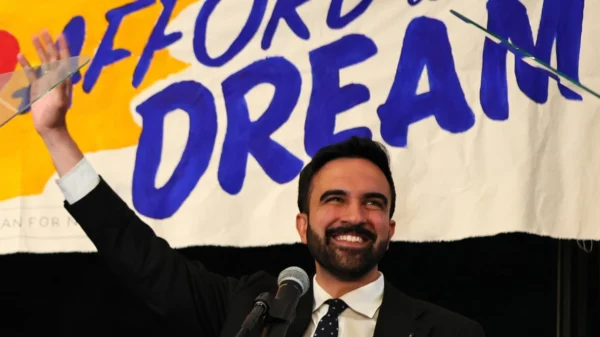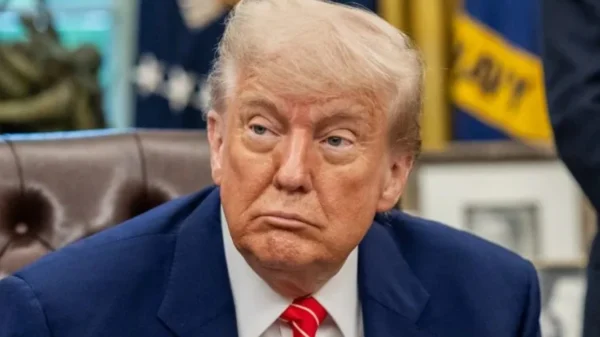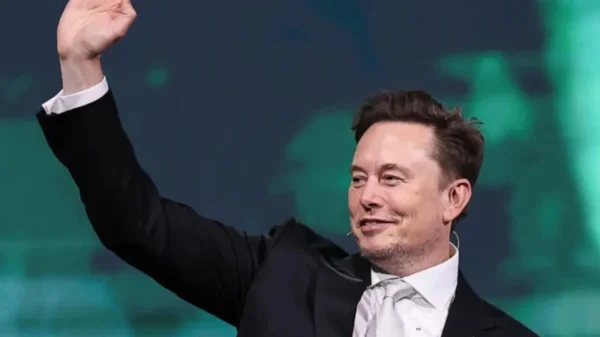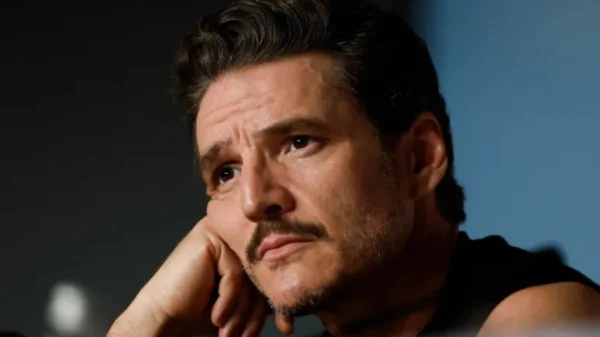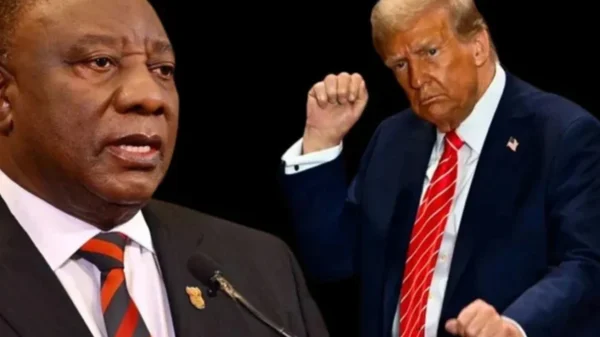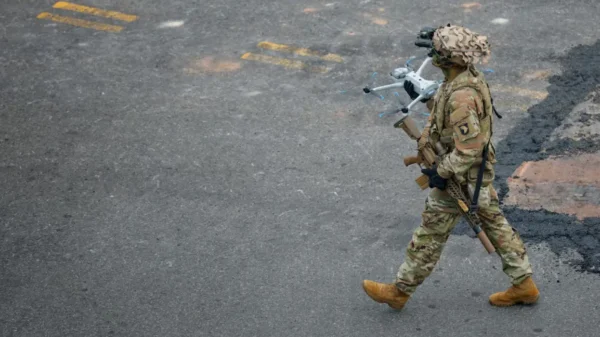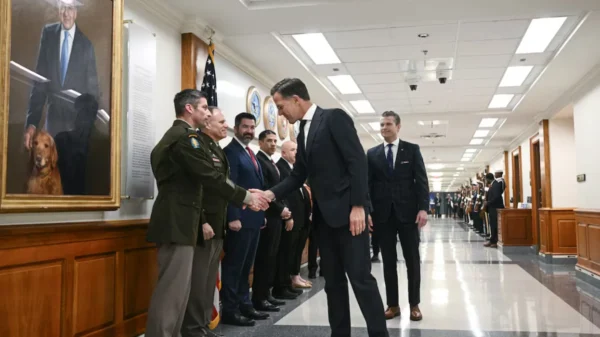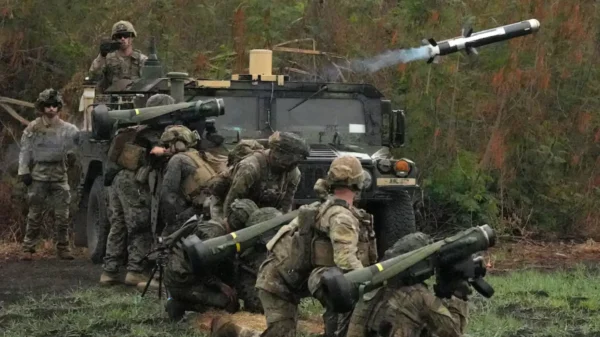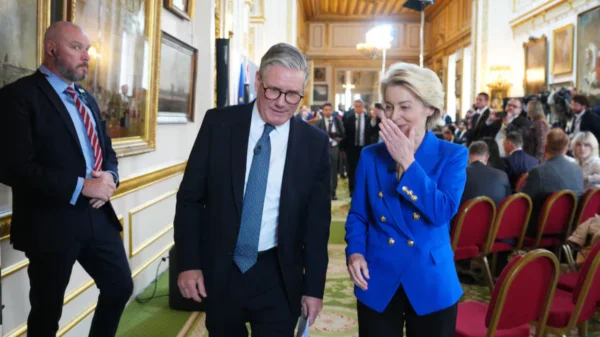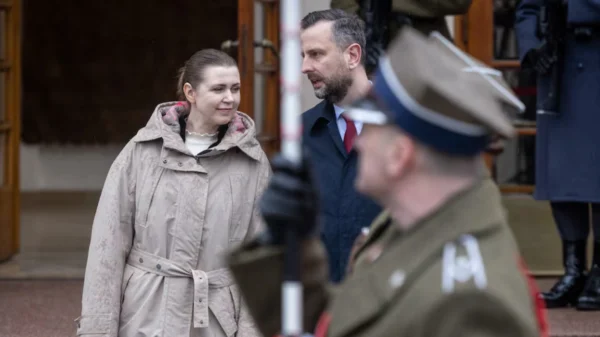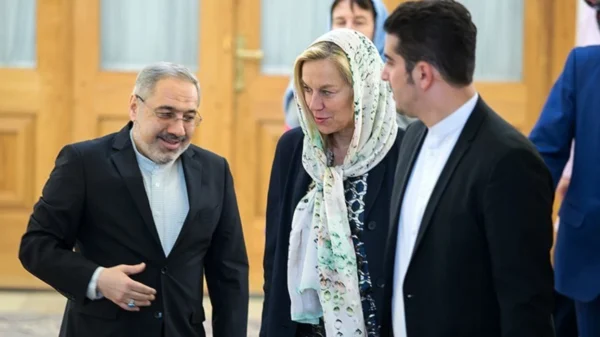WASHINGTON (Transatlantic Today)- At her recent confirmation hearing, Celeste Wallander, a top Pentagon nominee for President Joe Biden, criticized the Obama Administration’s approach to the 2014 Russian Annexation of Crimea. She stated that it was “too slow and too incremental” and took the opportunity to warn about the possibility of a Russian attack against Ukraine.
Wallander has served as the president and chief executive of the U.S. Russia Foundation for over three years. The foundation was created with the intention of bracing ties between the two countries. She also served as the National Security Council’s senior director for Russia and Eurasia.
At the hearing, Wallander was adamant, saying that the Biden Administration should learn from past mistakes when dealing with Russia. The actions of the U.S. government should be swift, and the U.S. must be willing to send weapons to Kyiv or bolster NATO’s presence in the region if Russia attacks.
And, according to Wallander, a future attack from Russia on Ukraine is almost guaranteed. After detailing her vast experience dealing with the Russian government and military forces, she said that “the signals we’re hearing from the Kremlin suggest…a potential for a decisive and swift military strike, and it’s very concerning.”
If Russia invades or attacks Ukraine, the Biden Administration has threatened to levy sanctions, offer Ukraine more aid, and bolster NATO’s presence in the region. Despite these promises, many officials still feel that more drastic measures are necessary.
Offering defensive weapons to Ukraine has been a near-constant topic of conversation for officials who do work in the region. Certainly, if the U.S. were to give Ukraine defensive weapons, the country would be much better prepared to protect itself. However, President Putin has labeled such an act a “red line” that could cause retaliation from Moscow.
Wallander also said that she expects more from European allies in the future. She wants them to do more to protect the continent, implying that they should spend at least the agreed 2% of GDP on defense by 2024.
Despite her desire to encourage European defense building, Wallander is not ready to recommend an American cutback from NATO. “I would favor…looking at how the United States can provide some of its advantages in enablers, in weapons systems, in security cooperation.”
However, Wallander also emphasized the importance of protecting the U.S. against Russia, saying the government should try to achieve these goals while “sustaining defensive deterrence against Russia.”

